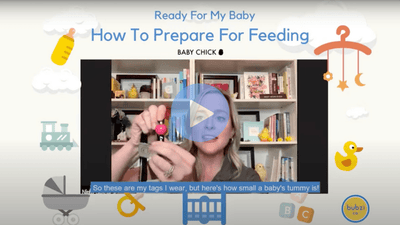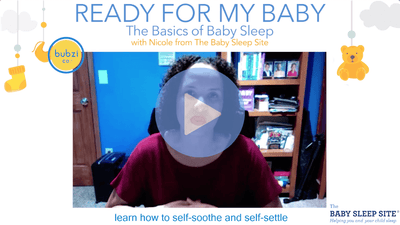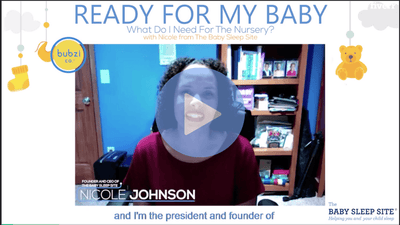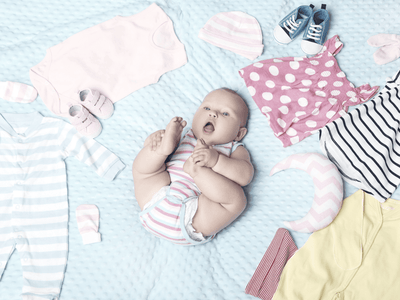Since the symptoms of nasal allergies are similar to cold symptoms, it can be difficult for parents to tell the difference.
If your baby is experiencing symptoms such as a runny nose, watery eyes, nasal congestion coughing, or sneezing, it is possible that he or she is suffering from persistent allergies rather than frequent colds.
Colds usually go away after seven to ten days. Allergic reactions last much longer, especially if the allergen is not removed from the baby’s environment.
Babies can come into contact with allergens through a variety of ways, including eating them, touching them, or breathing them in.
When an allergen upsets a baby, symptoms can range from mild to serious.
Allergens can also cause skin symptoms like eczema or rashes. Respiratory symptoms are also commonly associated with nasal allergies or allergic rhinitis. Food allergies can trigger intestinal problems.
Some tell-tale allergy symptoms include a runny nose, coughing, sneezing, or itching. Respiratory allergies are far more common than skin and food allergies, so be on high alert for these signs.
Since there are so many possible allergens, parents must be diligent and observant when monitoring their baby’s environment.
Pay attention to how your baby responds to particular foods and certain rooms of your house. Pay attention to your baby’ reaction after taking certain drugs and consuming different types of food or formula.
Environmental allergens like animal dander, dust, mold, insects, or pollen can be more difficult to recognize and control.
If your child is struggling with allergies and you are unsure of the cause, it is best to keep pets away from the baby until you have determined what is triggering your baby’s allergies.
If you suspect your baby is struggling to cope with animal dander, dust, pollen, or mold, make sure your house is clean. It is especially crucial that the baby’s room is dust-free and has clean air.
They say that dust mites cause allergic reactions in approximately 85% of allergy sufferers. If you can eliminate dust in your home, you may see some relief in your baby. A humidifier or air purifier may help better filter the air in your home and provide your baby some relief.
If symptoms like a stuffy or runny nose persist, trying using a nasal aspirator to clear your baby’s nostrils and open their airways. These symptoms are uncomfortable and you should try to alleviate them as soon as you notice them.
Babies with nasal allergies are more prone to ear infections, asthma, and sinus infections, so it is important to remove anything your baby may be allergic to in his or her environment as soon as possible.
If you are unable to determine what is triggering your baby’s allergies after some sleuthing, it may be time to see a doctor.
*Please note that the above advice is not from a professional medical source and should not be taken as medical advice. Contact your Doctor for more information*








